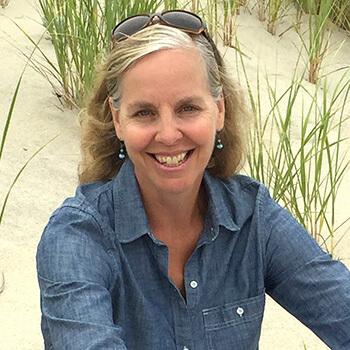617 Main St
Room 203, Johnson House
Burlington, VT 05401
United States
- Ph.D. Ecology and Evolutionary Biology, University of Vermont 2001
- M.S. Entomology, Colorado State University 1994
- B.A. Natural Science and Poetry, Hampshire College 1988
BIO
As a practiced ecologist, educator, and mother of two girls, Amy Seidl writes with a lucid and passionate eye about the state of life itself in the Age of Warming. By drawing on her 20 year career studying ecology, evolution, and sustainability, Amy illuminates the historical significance, impacts, and opportunities that come with climate change in the 21st century.
A passionate speaker on contemporary environmental issues, Amy frequently keynotes and lectures on climate change, renewable energy, local food systems, and the emerging field of sustainability science. Her research in ecological systems and alternative energy makes her a sought-after lecturer on global warming and green design and she emphasizes the need to innovate and build new physical infrastructures that do not rely on fossil fuels.
Area(s) of expertise
Instructional program: Environmental Studies
Research: Sustainability science, ecology, evolution, climate change, environmental communication
Bio
As a practiced ecologist, educator, and mother of two girls, Amy Seidl writes with a lucid and passionate eye about the state of life itself in the Age of Warming. By drawing on her 20 year career studying ecology, evolution, and sustainability, Amy illuminates the historical significance, impacts, and opportunities that come with climate change in the 21st century.
A passionate speaker on contemporary environmental issues, Amy frequently keynotes and lectures on climate change, renewable energy, local food systems, and the emerging field of sustainability science. Her research in ecological systems and alternative energy makes her a sought-after lecturer on global warming and green design and she emphasizes the need to innovate and build new physical infrastructures that do not rely on fossil fuels.
Areas of Expertise
Instructional program: Environmental Studies
Research: Sustainability science, ecology, evolution, climate change, environmental communication
